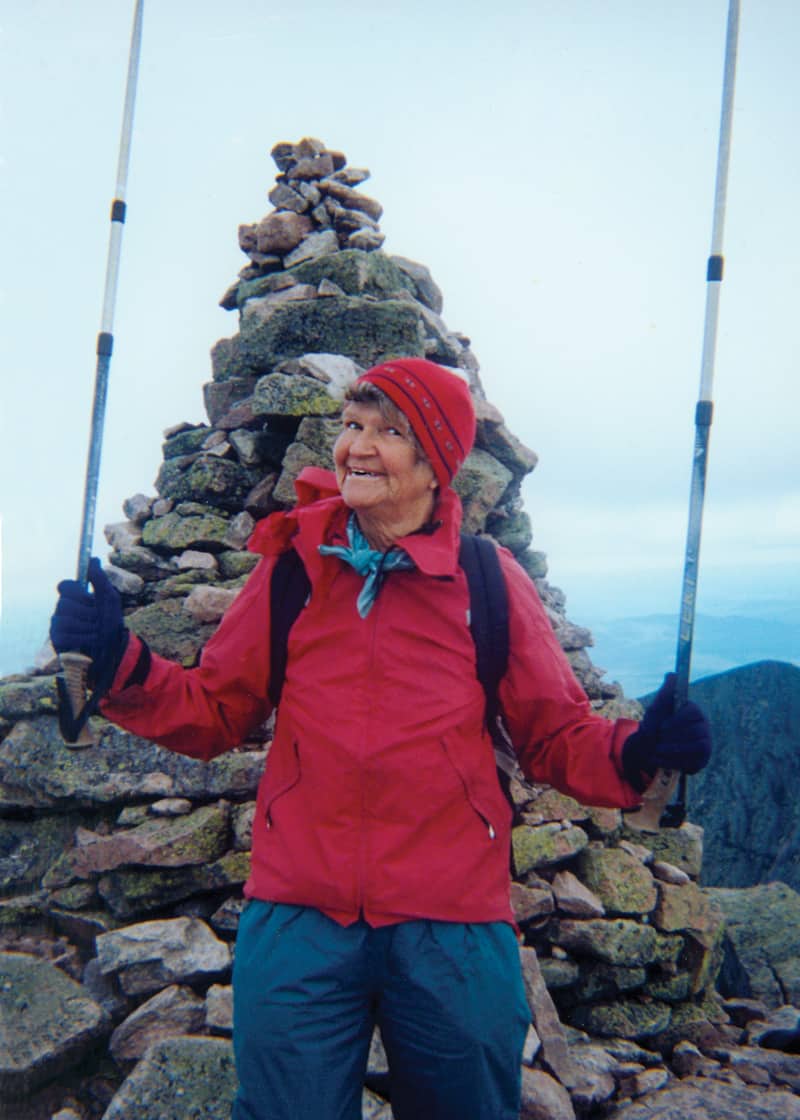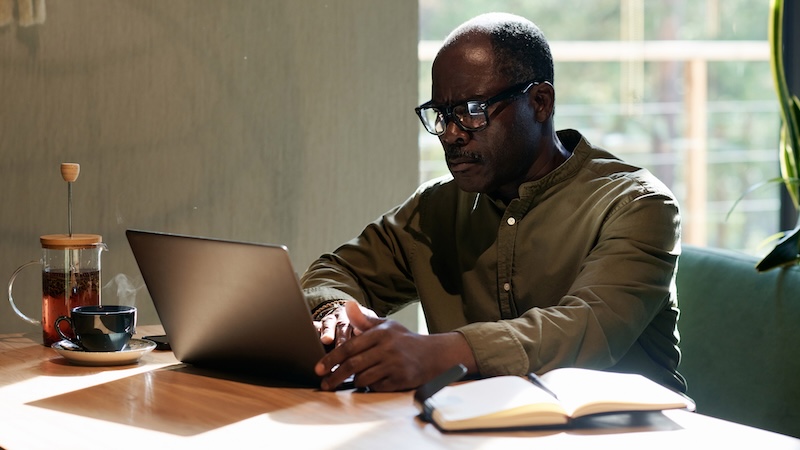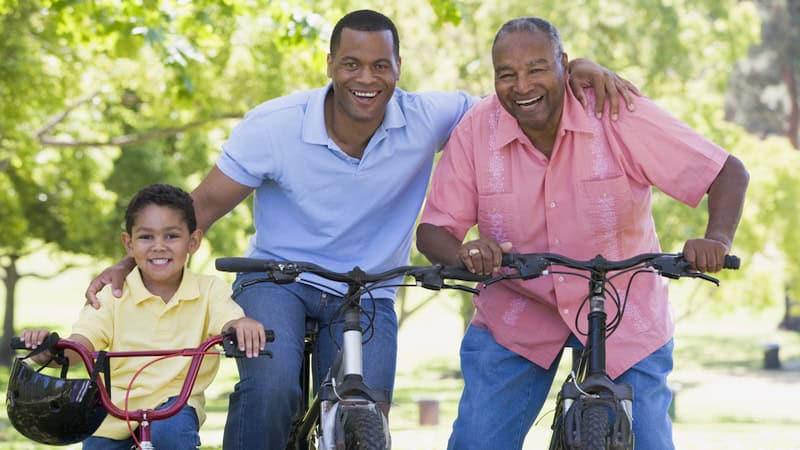Insights from the Future That Awaits Us
A first-hand look at ageism
 The nurse called me “sweetie” not once but three times. By the third “sweetie,” I had to speak up. “Please don’t call me ‘sweetie.’ It makes me feel like you think I’m a child.”
The nurse called me “sweetie” not once but three times. By the third “sweetie,” I had to speak up. “Please don’t call me ‘sweetie.’ It makes me feel like you think I’m a child.”
I always protest when I sense I am being spoken down to because of my age.
Ageism in our culture is a silent killer of dreams. We seem to understand the meaning of racism and sexism, even if we still practice them, but when I mention ageism in my presentations I get a blank stare. Ageism is subtle; we practice it without realizing the effect it can have.
I was amused to learn what Maggie Kuhn, co-founder of the anti-ageism group Gray Panthers, replied to President Ford’s greeting, “What have you got to say, young lady?” Her answer: “I’m not a young lady. I’m an old woman.”
President Clinton proclaimed to the world when he turned 60, “Sixty is the new 40.” Sixty isn’t the new 40 – it’s the new 60. Why, when we are feeling good and being active at 60, is it necessary to declare we are acting like 40-year-olds? It’s a new century for older people. With so many improvements in health care, we are living much longer and leading active lives. Our culture hasn’t caught up with us yet.
A PERSONAL LOOK AT AGEISM
Ageism means seeing aging as only an overwhelming decline. It is stereotyping older people because of their age and placing limitations on them. As a person now in my 80s, I have run into this a lot. We are slowly declining as we age, but most of us have over 20 years of healthy living between retirement and frail old age. During this period, we are chasing our dreams put off during the busy middle years of childrearing and community obligations.
When hiking the Appalachian Trail in my 70s, I experienced a leg injury. The clinic nurse asked me irrelevant questions, like how many children I had, when I last menstruated and how old I was. When I told her my age she announced, “You’re too old to be hiking the trail.” I felt like wrestling her to the ground. What right had she to judge my ability to be successfully active in my older years?
Then there are the “still” questions. Are you still hiking, still paddling your canoe, still riding your bike? This inquiry implies that you might have stopped all those activities because of your age.
At a presentation I was giving in Oregon about going for your dreams at any age, Marie asked me, “What if you feel people will laugh at you?”
“What is it you want to do?” I asked her.
“Well, I’m 60 years old, and I always wanted to roller skate.” While I was contemplating her question, an older woman traveled from the back of the auditorium and handed her a slip of paper. “Call me,” the woman said. “I want to roller skate, too.” The audience cracked up.
A woman in her late 70s answered my ad for hiking partners on the Appalachian Trail. Her message said she had hiked 500 miles in Virginia and wanted to join me in Massachusetts.
When I returned her call, she seemed surprised. “I thought you wouldn’t call back because I was so old.”
“I don’t care how old you are,” I responded. “A lot of 40-year-olds couldn’t hike 500 miles. I care that you’re a proven hiker.” At least she had the courage to call me and ask even though she expected to be turned down. I wondered how many other older people don’t make calls like that for fear of rejection.
The best way to fight ageism in our culture is to go out there and do your thing. Don’t listen to the naysayers telling you what you should or should not be doing at your age. Thumb your nose at them and move ahead with your dreams. The image of what older people are capable of will only change as society meets us out in the world leading our exciting lives.
And when you run into ageism, speak up.
Emily Kimball, the “Aging Adventurer,” is an expert on creative aging and speaks on aging-related topics through her business, Make It Happen! Since retirement, Emily has hiked the entire Appalachian Trail and ridden her bike across America. You can order her books, Appalachian Trail Stories and Other Adventures: Living Your Dreams at 60 and Beyond and A Cotton Rat for Breakfast: Adventures in Midlife and Beyond, at TheAgingAdventurer.com.


